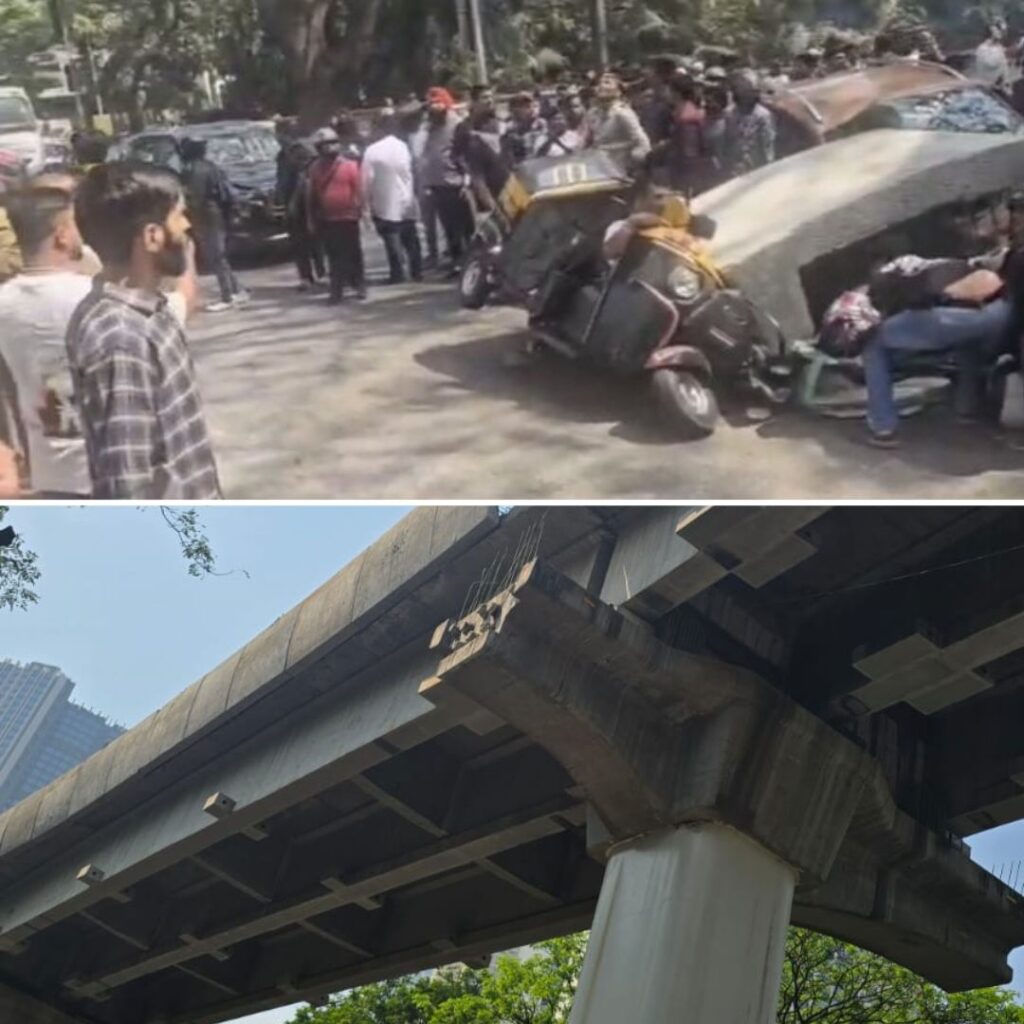Thousands of women including many rape and trafficking survivors from all around the country are on their 10,000-kilometre long march covering 200 districts of 24 states in India. The long march, called the ‘Garima Yatra’ or ‘Dignity March’ is to celebrate the ‘Yatra’ (Journey) of those undaunted rape survivors, who have been subjected to humiliation and banishment from the society. On Tuesday, February 19, the yatra that started two months back from Mumbai reached Meerut, in Uttar Pradesh. The yatra that was not just joined by the survivors, but many lawyers, activists, actors and politicians also came forward to support it.
The yatra for dignity
The victims of these heinous crimes have to spend their lives fighting legal and medical battles, but the worst is that even after that this, the victims remain at the receiving end of the hate and humiliation from the society. So with the aim to change the mindset of the people about the rape survivor, many organisations under the banner of Rashtriya Garima Abhiyan came forward to start this yatra on December 20.
The convenor of Rashtriya Garima Abhiyan, Ashif Shaikh who has been working for the rape, gangrape and trafficking victims for the last ten years told The Logical Indian that yatra is to let these women talk about their story in front of many people that will help the society to change their perception about rape survivors.
“In the last ten years, we have worked with almost survivors of 11,000 rape cases. Our support for the survivors has been on various levels. We help them to file the proper case against the perpetrators. We also make sure that there is a proper medical examination of the victim. Because, in India when the police send the rape survivor to the hospital to get the examination done, their main objective remains to get the evidence of the rape. Our third objective remains that the victim should get proper justice,” he said.
Bigger challenge of banishment
While explaining, how in many incidents the case is not properly chargesheeted he said, “In most cases, the victim does not even know what charges should be put against the perpetrator. Like if a Dalit woman is raped then the sections of SC/ST Prevention Act has to be put, then in case if a minor, sections of POSCO Act has to be put. But, in India, there have been times, when even if a woman is raped, only charges of assault are put against the accused. Or if a Dalit woman is raped then in the chargesheet charges of only abuse verbal against the women are put, in order to make a weak case. That is why we make sure that the police is putting proper charges against the perpetrator. Apart from this our organisation also tries to provide counselling for the victims.” However, he says that other than all these problems there is a bigger challenge that a rape survivor has to face.
He adds that to fight the legal, institutional battle, others can help the survivors. But to fight the social boycott or abandonment from their family and society the external help can do very little, which is why a ‘yatra’ like this will give these survivors courage to speak their heart out and reclaim their identity. Giving a reason behind this social boycott, he said that it happens because after such incidents with the victims the family treats them as untouchable.
While sharing several anecdotes with us from the meeting — took place last year with at least 2000 rape survivors to understand the problem faced by the victims — Shaikh said that in the meeting a 45-year-old rape survivor told the gathering that her husband has not even touched her for the last ten years because she was raped, and he thinks that she is an untouchable now.
A mother whose 14-year-old girl was raped also attended the event. The mother lamented that her entire family has boycotted the girl. She said that the family is least interested in fighting the case, all they want is to get her to get married so that they can get away with her.
Don’t hide, speak out
Shaikh says that according to the law, one should not reveal the identity of any rape survivor. However, he says this will not change the damage done to them. He added that in our society, rape is considered to be the fault of the victims, so if the survivor chooses to come out and make thousands of people listen to their story then that might change people’s perspective towards the victim.
Just a few days back when the ‘yatra’ was at the Ratlam district in Madhya Pradesh, many rape survivors were narrating their stories. At that time, a very prominent person from the village objected to the use of the word Balatkar (rape) being used at the event by the survivors, told Shaikh.
“In our country, there is a section of society that is fine with the act of rape. They know it exists it but they do not want to hear the victims talking about it. I believe hiding it won’t solve the problem but talk about it will.”
The ‘yatra’ that will culminate in Delhi on February 22, …












